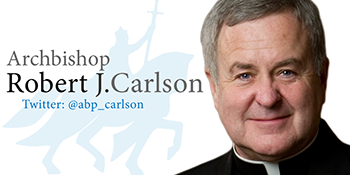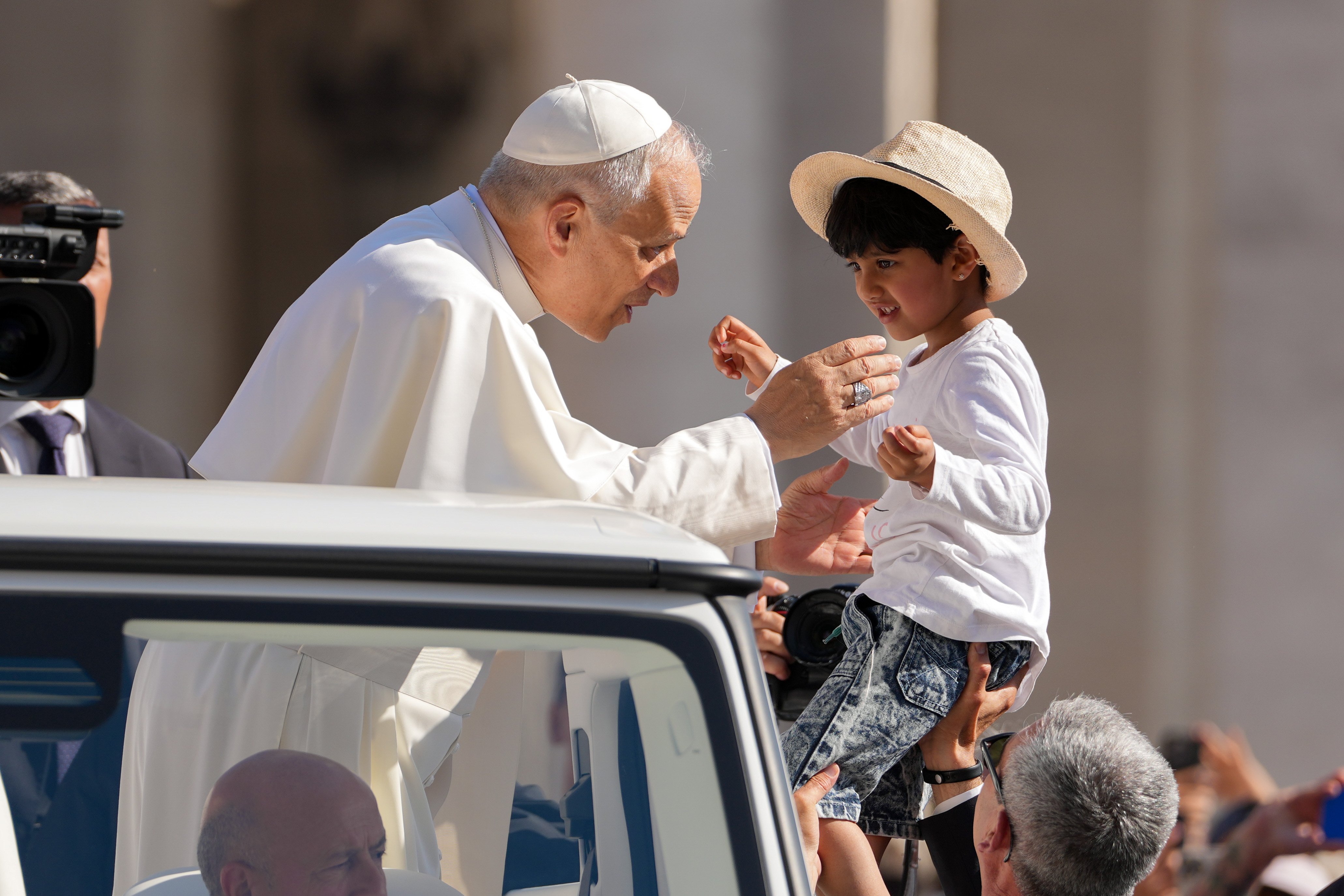BEFORE THE CROSS | Glorify God whether safe or suffering
St. Paul shows us that, regardless of whether we’re suffering or safe, we should find ways to glorify God

The readings for this week relate a number of great events in salvation history. These events contain important lessons for us as we digest the latest Supreme Court rulings, especially with regard to putting our faith into action.
First, we hear how the Assyrians conquered the northern tribes of Israel in the 700’s BC. They then marched against Jerusalem and the southern tribes, as well. (The kingdom was divided into north and south at this point, the result of a sort of “civil war” after the death of Solomon.) When the king of Assyria threatened to destroy Jerusalem and kill all its people, the king of Jerusalem went straight to the Temple to plead with God for safety. God heard his cry. Jerusalem was miraculously spared.
Reading about this episode as Christians, we can’t help but compare the situation of Jerusalem — God’s beloved city — with the situation of Jesus — God’s beloved Son. Both were threatened: Jerusalem by the Assyrian army, and Jesus by the Roman government. Both turned to God and cried out for help: the king of Judah brought his plea to God in the Temple, and Jesus brought His plea to the Father in the Garden of Gethsemane.
Until that point the parallel is perfect. But then the crucial difference comes into play: God saved Jerusalem by turning away the Assyrian army, and brought Jesus to the Cross. He provided safety for Jerusalem, but allowed His Son to suffer harm. He heard the cries of both; He was glorified by both. But He was glorified by the safety of the one, and the suffering of the other.
When we pray for our faith to be protected, we don’t know which way God will choose for us. But we know that, like Jerusalem and Jesus, we should glorify Him either way.
This week we also celebrate the Feast of Sts. Peter and Paul, and the readings for the feast teach a similar lesson. Peter is imprisoned by the Romans, and we’re told: “It was the Feast of Unleavened Bread.” This is exactly the pattern of Jesus’ trial and death, so we know what we should expect. But “prayer by the Church was fervently being made to God on Peter’s behalf.” God hears that prayer, and Peter is miraculously released.
But we also know that, later in his life, the Romans would threaten again, and prayers would be made again. Only this time Peter would glorify God by his martyrdom. In his own life, Peter lived both the story of Jerusalem and the story of Jesus: brought to safety one time, and brought to suffering another time. Both times, however, he glorified God.
What guidance should we take from these readings?
Sometimes Supreme Court rulings bring victory to the Church in an earthly sense. Sometimes they bring defeat. But the readings this week call us to judge things by a higher standard. In the light of faith we know that God sometimes provides for the safety of the faithful, and sometimes He calls us to suffering. That should give us confidence and freedom: Whatever the Supreme Court rules with respect to the practice of the faith, we will have a path to glorify God.



